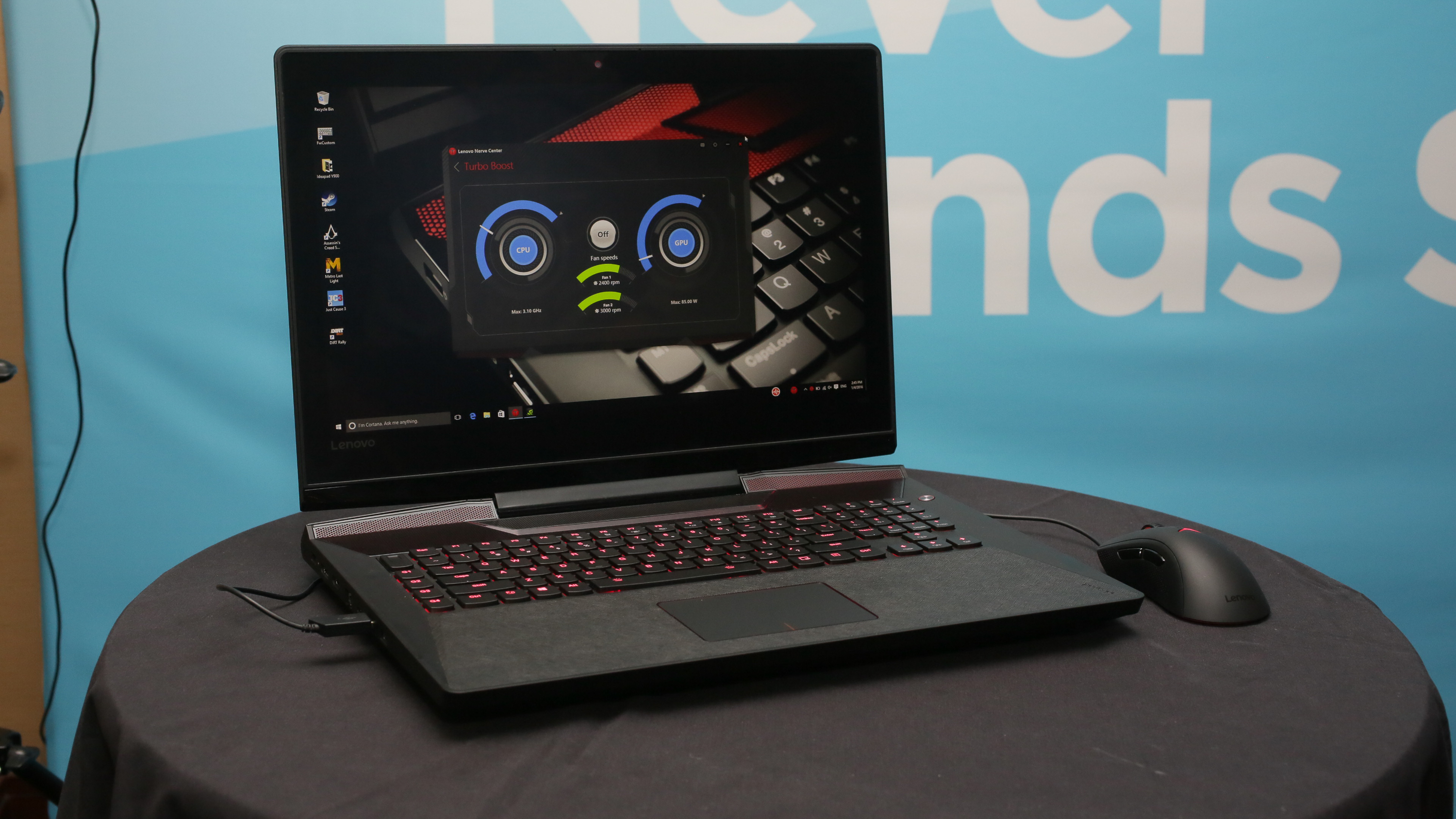

- #What is turbo boost lenovo cpu drivers
- #What is turbo boost lenovo cpu windows 10
- #What is turbo boost lenovo cpu software
- #What is turbo boost lenovo cpu series
#What is turbo boost lenovo cpu windows 10
Newer version Windows 10 and Linux kernel support Intel Turbo Boost Max 3.0 Technology. 10th Gen Desktop Core i7) support Intel Turbo Boost Max 3.0 Technology. Some Intel Core X Processors and some newer Intel Core Processors (e.g. Some motherboard vendors intentionally use values higher than Intel's default for performance, causing the processor to exceed its thermal design power (TDP).

#What is turbo boost lenovo cpu software
These limits are configurable in software for unlocked processors. Ī feature of Turbo Boost 2.0 is that it introduced time windows with different levels of power limits, so that a processor can boost to a higher frequency for a few seconds. Turbo Boost 2.0 was introduced in 2011 with the Sandy Bridge microarchitecture, while Intel Turbo Boost Max 3.0 was introduced in 2016 with the Broadwell-E microarchitecture. When any electrical or thermal limits are exceeded, the operating frequency automatically decreases in decrements of 133 or 100 MHz until the processor is again operating within its design limits. įrequency increases occur in increments of 133 MHz for Nehalem processors and 100 MHz for Sandy Bridge, Ivy Bridge, Haswell and Skylake processors.
#What is turbo boost lenovo cpu series
Turbo-Boost-enabled processors are the Core i3, Core i5, Core i7, Core i9 and Xeon series manufactured since 2008, more particularly, those based on the Nehalem, and later microarchitectures.

The increased clock rate is limited by the processor's power, current, and thermal limits, the number of cores currently in use, and the maximum frequency of the active cores. When the workload on the processor calls for faster performance, the processor's clock will try to increase the operating frequency in regular increments as required to meet demand. The design concept behind Turbo Boost is commonly referred to as "dynamic overclocking".
#What is turbo boost lenovo cpu drivers
Processor performance states are defined by the Advanced Configuration and Power Interface (ACPI) specification, an open standard supported by all major operating systems no additional software or drivers are required to support the technology. The frequency is accelerated when the operating system requests the highest performance state of the processor. The problem here, however, is that there are no available boost states, which makes the change entirely a symbolic one.Intel Turbo Boost is Intel's trade name for central processing units (CPUs) dynamic frequency scaling feature that automatically raises certain versions of its operating frequency when demanding tasks are running, thus enabling a higher resulting performance. Which at least means that I got cpupower to recognize that boost is active. The governor "powersave" may decide which speed to useĬurrent CPU frequency: 1.20 GHz (asserted by call to hardware) Maximum transition latency: Cannot determine or is not supported.Īvailable frequency steps: 3.20 GHz, 1.30 GHz, 1.20 GHzĪvailable cpufreq governors: conservative ondemand userspace powersave performance schedutilĬurrent policy: frequency should be within 1.20 GHz and 3.20 GHz. CPUs which run at the same hardware frequency: 0ĬPUs which need to have their frequency coordinated by software: 0


 0 kommentar(er)
0 kommentar(er)
